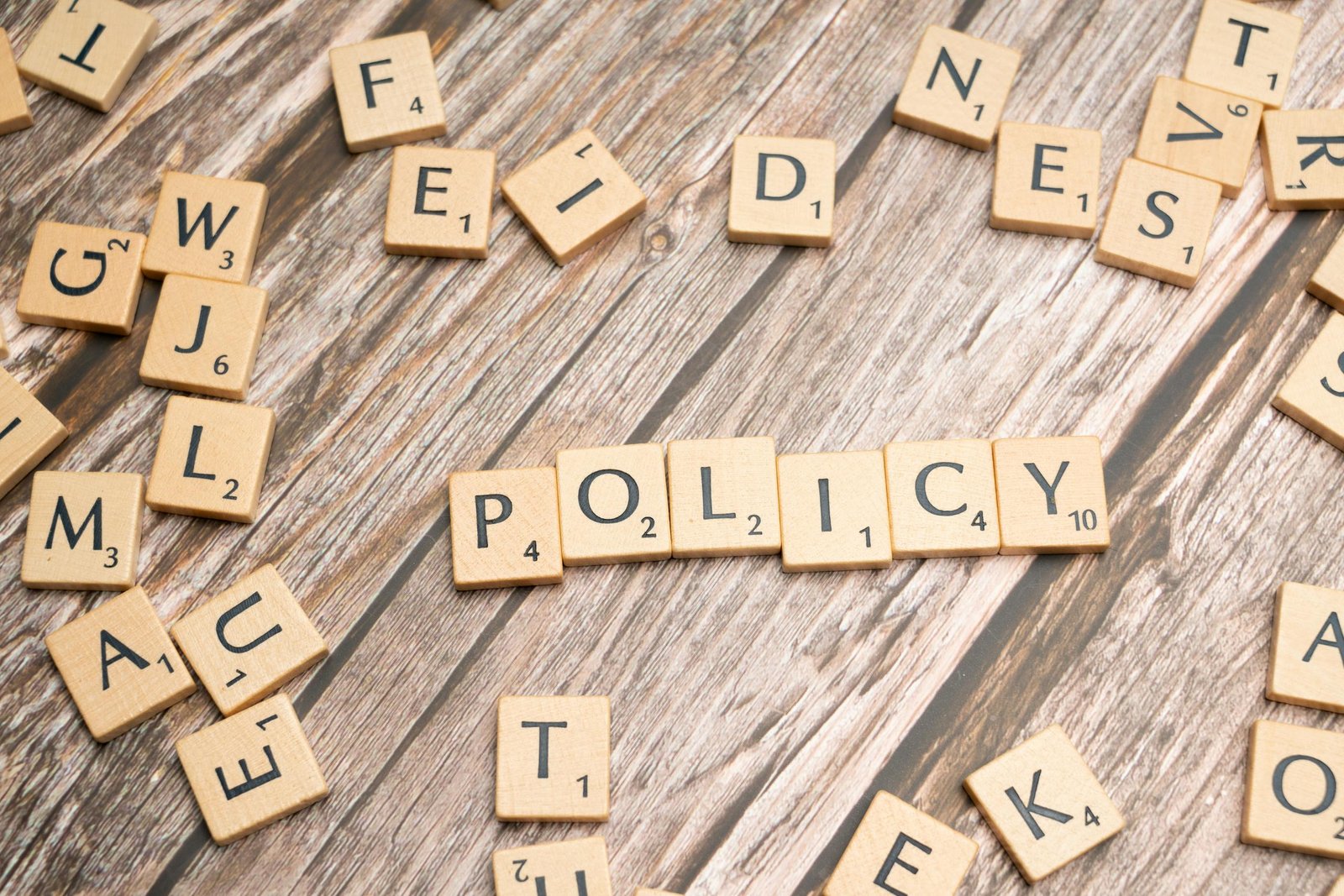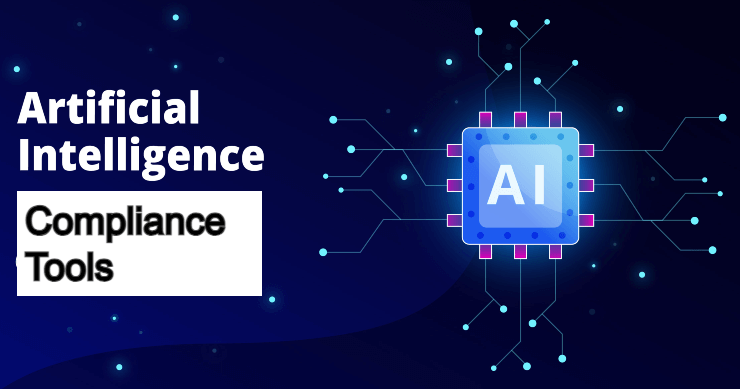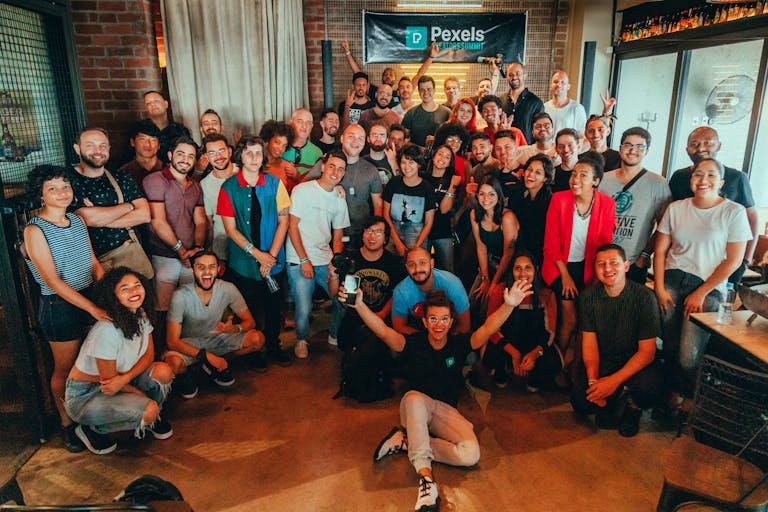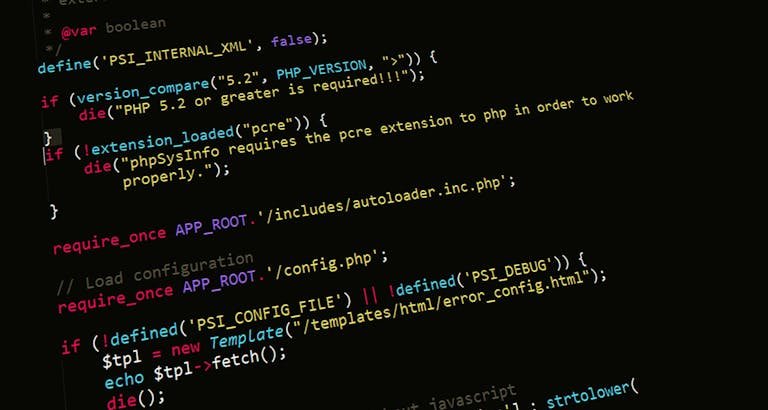Best AI Policy Frameworks for Ethical Governance in 2024
Introduction
Artificial Intelligence is rapidly transforming our world, but with great power comes great responsibility! In 2024, the race to develop robust AI policy frameworks has become more critical than ever. Imagine a world where AI technologies advance without careful consideration of their ethical implications – sounds terrifying, right?
According to a recent McKinsey Global Institute report, AI could potentially add $13 trillion to the global economy by 2030. However, this incredible potential comes with significant governance challenges that demand comprehensive and thoughtful policy approaches.
Key AI Policy Frameworks for Ethical Governance
1. The OECD AI Principles: A Global Benchmark
The Organisation for Economic Co-operation and Development (OECD) has developed a pioneering set of AI principles that have become a global standard for responsible AI development. These principles focus on:
- Human-centered values
- Transparent and explainable AI systems
- Robust and safe algorithmic design
- Accountability and governance mechanisms
- Promoting diversity and eliminating algorithmic bias
Key Takeaway: The OECD framework provides a comprehensive approach that balances innovation with ethical considerations, making it a gold standard for global AI governance.
2. European Union’s AI Act: Comprehensive Regulatory Approach
The European Union has taken a ground-breaking step with its AI Act, creating the world’s first comprehensive legal framework for AI technologies. This landmark legislation:
- Categorizes AI systems by risk level
- Implements strict requirements for high-risk AI applications
- Mandates transparency and human oversight
- Introduces significant penalties for non-compliance
- Protects fundamental human rights in AI development
Practical Insight: Organizations developing AI must now conduct thorough risk assessments and maintain rigorous documentation to comply with EU standards.
3. IEEE Global Initiative on Ethics of Autonomous and Intelligent Systems
The Institute of Electrical and Electronics Engineers (IEEE) has developed an innovative framework that focuses on:
- Prioritizing human well-being
- Ensuring algorithmic transparency
- Promoting inclusive design
- Developing ethical guidelines for AI practitioners
- Creating mechanisms for ongoing ethical assessment
Expert Perspective: The IEEE framework stands out for its technical depth and practical approach to embedding ethics into AI development processes.
4. United Nations Technology Assessment Framework
The United Nations has emerged as a critical player in developing global AI governance strategies. Their framework emphasizes:
- International cooperation in AI development
- Addressing global inequalities in technological access
- Protecting human rights in AI implementation
- Promoting sustainable and inclusive technological innovation
- Creating mechanisms for cross-border ethical standards
Global Insight: The UN approach recognizes that AI governance is not just a technological challenge, but a complex social and economic issue.
Practical Implementation Strategies
Developing Ethical AI Governance in Organizations
- Establish Clear Ethical Guidelines
- Create a comprehensive AI ethics charter
- Define explicit principles for responsible AI use
- Develop ongoing training programs
- Implement Robust Governance Structures
- Create cross-functional AI ethics committees
- Develop transparent decision-making processes
- Integrate ethical considerations into project management
- Continuous Monitoring and Assessment
- Regular algorithmic audits
- External ethical review processes
- Adaptive governance frameworks
Conclusion
The landscape of AI policy frameworks is rapidly evolving, presenting both incredible opportunities and significant challenges. By adopting comprehensive, nuanced approaches to AI governance, we can harness the transformative power of artificial intelligence while protecting fundamental human values.
Remember, ethical AI is not about restricting innovation – it’s about creating a technological future that works for everyone. As we move forward, collaboration, transparency, and a commitment to human-centered design will be our most powerful tools.
Stay informed, engage in discussions about AI ethics, and support organizations developing responsible AI technologies!
References
- OECD AI Principles
- European Union AI Act
- IEEE Ethical AI Guidelines
- United Nations Technology Assessment Report
📚 Further Reading
For those interested in exploring similar themes, consider:
- “Superintelligence” – Nick Bostrom – it’s one of my all-time favourites
- 7 Essential Books on AI – by the pioneers at the forefront of AI
- Ethical Implications of AI in Warfare and Defence – very interesting read
Avi is a researcher educated at the University of Cambridge, specialising in the intersection of AI Ethics and International Law. Recognised by the United Nations for his work on autonomous systems, he translates technical complexity into actionable global policy. His research provides a strategic bridge between machine learning architecture and international governance.







